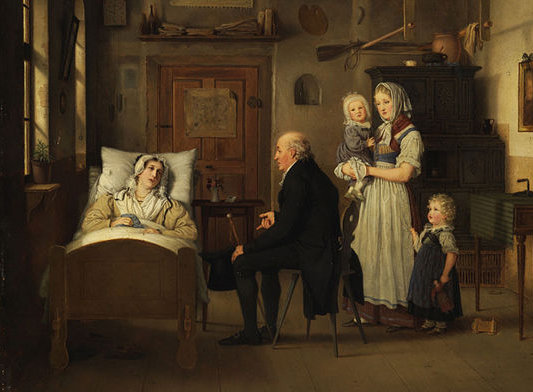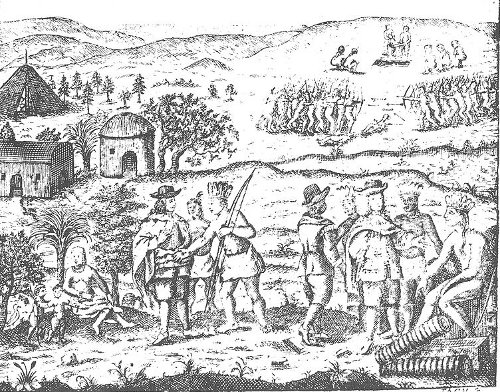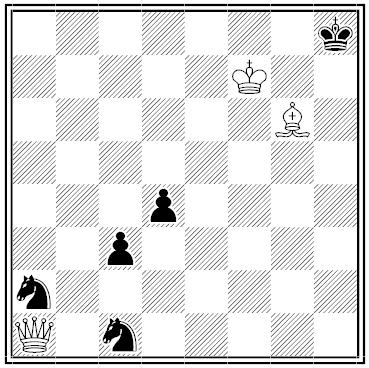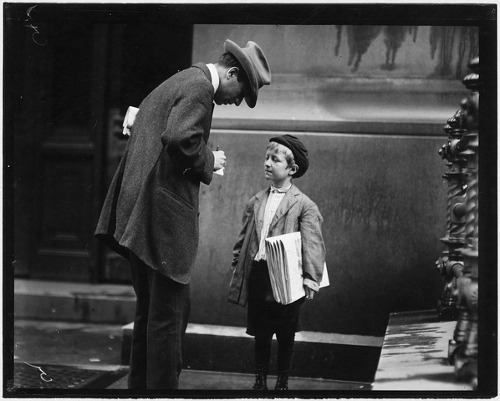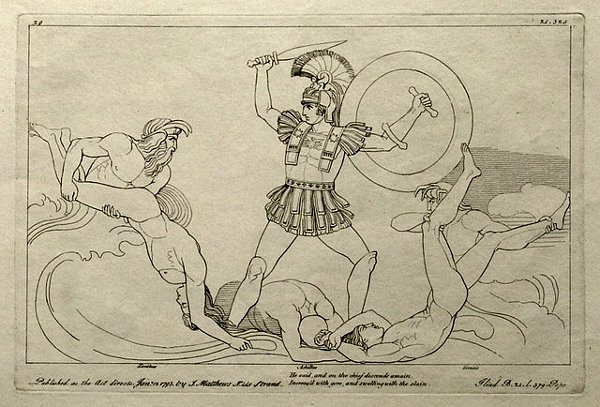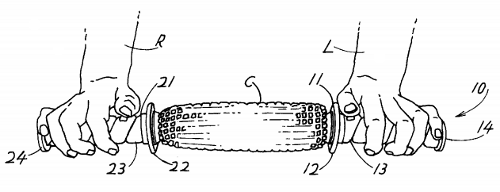Hit by antiaircraft fire over Bremen on Dec. 20, 1943, Air Force pilot Charlie Brown was separated from his formation. His B-17 had three damaged engines, a wounded crew, and malfunctioning electrical, hydraulic, and oxygen systems. Brown lost consciousness briefly and awoke to find himself shadowed by a German Messerschmitt that did not attack — as Brown flew slowly back to England, the enemy plane accompanied him as far as the North Sea, where the pilot saluted and let him go.
Brown returned to his air base in England, completed his tour, and returned to the United States. In the 1980s he began a search for the German pilot who had spared him, and eventually was contacted by Franz Stigler, who described the escort and the salute just as Brown had remembered them. Stigler was now living in Canada, and the two became close friends until their deaths in 2008.
Asked why he hadn’t fired on Brown’s shattered bomber, Stigler said, “I looked across at the tail gunner and all I could see was blood running down his gun barrels. I could see into Brown’s plane, see through the holes, see how they were all shot up. They were trying to help each other. To me, it was just like they were in a parachute. I saw them and I couldn’t shoot them down.”
He recalled the words of his commanding officer: “You follow the rules of war for you — not your enemy. You fight by rules to keep your humanity.”
